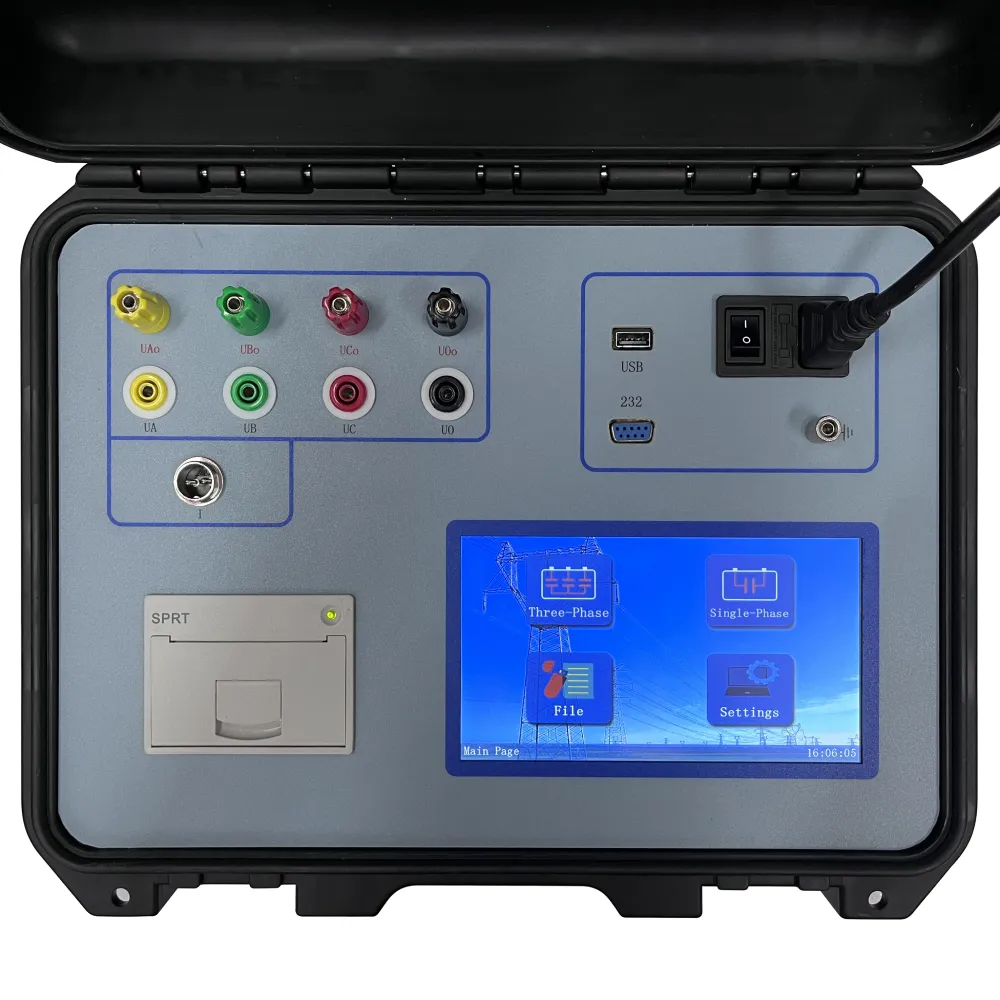 English
English



-
 Afrikaans
Afrikaans -
 Albanian
Albanian -
 Amharic
Amharic -
 Arabic
Arabic -
 Armenian
Armenian -
 Azerbaijani
Azerbaijani -
 Basque
Basque -
 Belarusian
Belarusian -
 Bengali
Bengali -
 Bosnian
Bosnian -
 Bulgarian
Bulgarian -
 Catalan
Catalan -
 Cebuano
Cebuano -
 China
China -
 China (Taiwan)
China (Taiwan) -
 Corsican
Corsican -
 Croatian
Croatian -
 Czech
Czech -
 Danish
Danish -
 Dutch
Dutch -
 English
English -
 Esperanto
Esperanto -
 Estonian
Estonian -
 Finnish
Finnish -
 French
French -
 Frisian
Frisian -
 Galician
Galician -
 Georgian
Georgian -
 German
German -
 Greek
Greek -
 Gujarati
Gujarati -
 Haitian Creole
Haitian Creole -
 hausa
hausa -
 hawaiian
hawaiian -
 Hebrew
Hebrew -
 Hindi
Hindi -
 Miao
Miao -
 Hungarian
Hungarian -
 Icelandic
Icelandic -
 igbo
igbo -
 Indonesian
Indonesian -
 irish
irish -
 Italian
Italian -
 Japanese
Japanese -
 Javanese
Javanese -
 Kannada
Kannada -
 kazakh
kazakh -
 Khmer
Khmer -
 Rwandese
Rwandese -
 Korean
Korean -
 Kurdish
Kurdish -
 Kyrgyz
Kyrgyz -
 Lao
Lao -
 Latin
Latin -
 Latvian
Latvian -
 Lithuanian
Lithuanian -
 Luxembourgish
Luxembourgish -
 Macedonian
Macedonian -
 Malgashi
Malgashi -
 Malay
Malay -
 Malayalam
Malayalam -
 Maltese
Maltese -
 Maori
Maori -
 Marathi
Marathi -
 Mongolian
Mongolian -
 Myanmar
Myanmar -
 Nepali
Nepali -
 Norwegian
Norwegian -
 Norwegian
Norwegian -
 Occitan
Occitan -
 Pashto
Pashto -
 Persian
Persian -
 Polish
Polish -
 Portuguese
Portuguese -
 Punjabi
Punjabi -
 Romanian
Romanian -
 Russian
Russian -
 Samoan
Samoan -
 Scottish Gaelic
Scottish Gaelic -
 Serbian
Serbian -
 Sesotho
Sesotho -
 Shona
Shona -
 Sindhi
Sindhi -
 Sinhala
Sinhala -
 Slovak
Slovak -
 Slovenian
Slovenian -
 Somali
Somali -
 Spanish
Spanish -
 Sundanese
Sundanese -
 Swahili
Swahili -
 Swedish
Swedish -
 Tagalog
Tagalog -
 Tajik
Tajik -
 Tamil
Tamil -
 Tatar
Tatar -
 Telugu
Telugu -
 Thai
Thai -
 Turkish
Turkish -
 Turkmen
Turkmen -
 Ukrainian
Ukrainian -
 Urdu
Urdu -
 Uighur
Uighur -
 Uzbek
Uzbek -
 Vietnamese
Vietnamese -
 Welsh
Welsh -
 Bantu
Bantu -
 Yiddish
Yiddish -
 Yoruba
Yoruba -
 Zulu
Zulu
gas chromatography phases
Gas chromatography (GC) is a powerful analytical technique widely used for separating and analyzing compounds that can be vaporized without decomposition. The effectiveness of gas chromatography largely depends on the stationary phase used in the separation process. The stationary phase is the solid or liquid that remains fixed inside the column, while a carrier gas transports the sample through it. The choice of stationary phase can significantly influence the resolution, selectivity, and speed of the separation.
Stationary phases in gas chromatography can be broadly classified into two categories solid stationary phases and liquid stationary phases. Solid stationary phases provide a surface for the analytes to adhere to and are typically used for specific types of interactions, such as adsorption. These phases benefit from their high surface area, allowing for the separation of complex mixtures based on the varying affinities of different compounds for the solid surface.
.
The characteristics of the stationary phase determine key separation parameters, including retention factor, selectivity, and efficiency. Retention factor (k) is a crucial parameter that compares the time a compound spends in the stationary phase to the time spent in the mobile phase. A higher retention factor indicates stronger interactions with the stationary phase, often leading to better separation.
gas chromatography phases

Selectivity is another vital aspect influenced by the stationary phase. It quantifies how effectively the column can differentiate between different compounds. A well-chosen stationary phase will enable the separation of compounds with similar boiling points or chemical structures, enhancing the analytical capability of the method.
Moreover, advancements in stationary phase technology have led to the development of specialized phases such as chiral columns for enantiomer separation, or phases that can withstand high temperatures or aggressive solvents. These innovations have expanded the applicability of gas chromatography to various fields, including environmental monitoring, food safety, and pharmaceuticals.
In conclusion, the stationary phase is a critical component of gas chromatography that significantly affects the efficiency and effectiveness of compound separation. Understanding the interactions between analytes and the stationary phase is essential for optimizing chromatographic conditions and achieving accurate analytical results. With continuous advancements in stationary phase technology, gas chromatography remains a vital tool for scientists in various disciplines.
-
Testing Equipment Industry Sees Major Advancements in 2025: Smart & Precision Technologies Lead the WayNewsJun.06,2025
-
Applications of Direct Current Generators in Renewable Energy SystemsNewsJun.05,2025
-
Hipot Tester Calibration and Accuracy GuidelinesNewsJun.05,2025
-
Digital Circuit Breaker Analyzer Features and BenefitsNewsJun.05,2025
-
Benefits of Real-Time Power Quality Monitoring Devices for Industrial EfficiencyNewsJun.05,2025
-
Earth Fault Loop Testing in High-Rise Building Electrical SystemsNewsJun.05,2025



